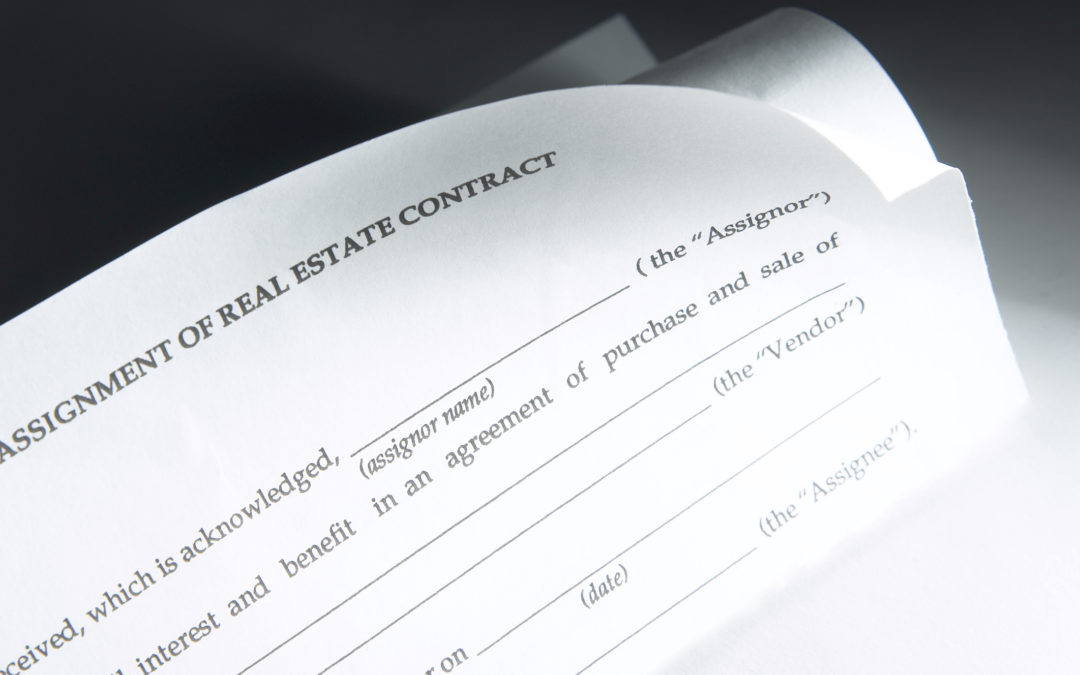Section 1031 Exchanges, also known as like-kind exchanges, are often used to postpone gain on the sale of property by buying like-kind replacement property. To avoid gain, or boot, the replacement property must be equal to or of greater value and purchased within a certain time period.
According to the IRS, the definition of like-kind property is:
“Property of the same nature, character or class. Quality or grade does not matter. Most real estate will be like-kind to other real estate. For example, real property that is improved with a residential rental house is like kind to vacant land. One exception for real estate is that property within the United States is not like-kind to property outside the United States. Also, improvements that are conveyed without land are not like-kind to land.”
An exchange must be of “like-kind”. The rules are actually pretty liberal in that an apartment building can be exchanged for undeveloped land or a ranch can be exchanged for a strip mall. In order for a 1031 exchange to be completely tax free as they are intended, there should be no value taken from the proceeds of the sale of the original property, i.e., no boot.
Though not technically required by the IRS, anyone deciding to pursue a 1031 exchange would be highly advised to seek out the services of a qualified intermediary. Hiring of an intermediary helps ensure that the exchanger does not take control of cash, helping to eliminate potential gain. The intermediary handles the financial part of the exchange by taking receipt of the sales proceeds from the sale of the original property and distributes the proceeds to pay for the replacement property.
You will find there are many intermediary service providers out there and financial backing and costs can vary greatly. We recommend due diligence in choosing a provider with experience because as the deal closes, if you take possession of any cash, you have gain.
Some examples of boot are:
• Cash received
• Debt reduction
• Use of sales proceeds to pay off non-transaction costs
• Excess borrowing to acquire replacement property
• Buying replacement property with a lesser value then the original property
• Receipt of non-like-kind exchange property
If there are any of these situations in a Section 1031 exchange there will be gain for the exchanger.
Debt reduction boot happens when the taxpayer’s debt on replacement property is less than the debt paid off on the Original Property. The key here is to make sure the debt on the replacement property is equal to or more than any debt paid off on the original property.
Care should also be taken on the amount of debt taken out on replacement property. If the debt is excessive the IRS may determine that the excess be considered cash received or boot. This is especially crucial if the sales proceeds are sufficient to buy the replacement property. Any net mortgage payoff, more debt paid off and then taken on is considered boot and again, may trigger gain.
Normally, an intermediary will be aware of transaction costs allowed in a 1031 exchange. To make sure there are no surprises though the exchanger should know before closing what is being paid for and should have cash at the close to pay for any non-normal transaction costs which may arise. This will help avoid the receipt of boot and potential gain. Some examples of non-normal transaction costs would be:
• Rent prorations
• Tenant deposits transferred to the buyer
• Other charges un-related to the closing paid for from sales proceeds
Also, no non-like-kind property should be received as part of the exchange transaction as this will be considered boot.
To illustrate, Exchanger A sells his Rental Real Estate property for $500,000, with a tax basis of $225,000. Net proceeds are $450,000 after deductible transaction costs of $25,000 and the payoff of related debt of $25,000. Then, the replacement property with no new mortgage costs only $400,000. The result will be a gain of $75,000 recognized.
Deferred Gain: $500,000 minus $25,000 minus $225,000 equals $250,000
Recognized Gain: Net Proceeds $475,000 minus Amount spent on Replacement Property $400,000 or $75,000 equals the amount of boot received
To conclude, postponing gain is normally a very tax efficient way of handling properties that have increased in value. Here are 5 Ways to ensure no boot is received:
1. Use a qualified intermediary
2. Don’t take control of cash or other non-like kind property
3. Equalize your debt
4. Use other cash to pay for non-transaction expenses
5. Buy replacement property at the same or more in value
For more information and personalized assistance with your Section 1031 Exchange please call Williams, Steinert, Mask today at (210) 684-1071.

